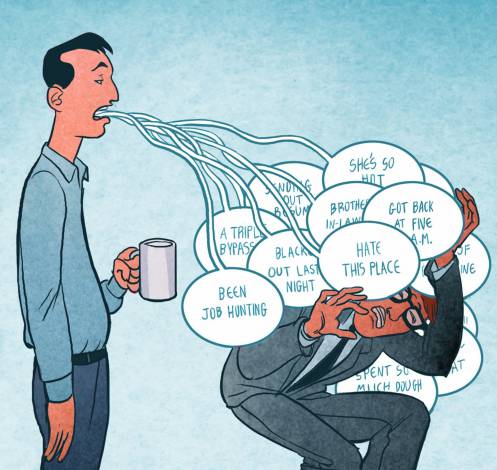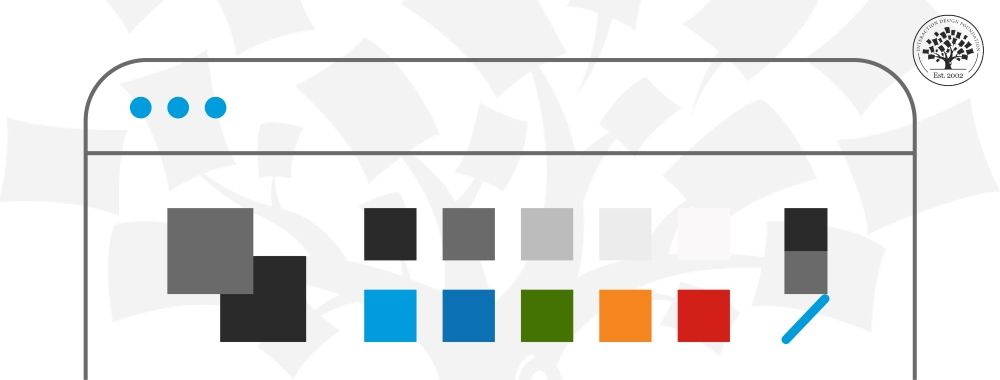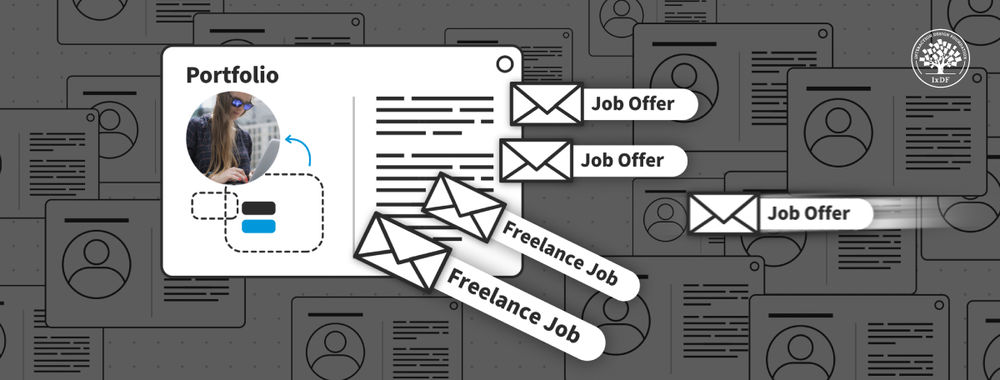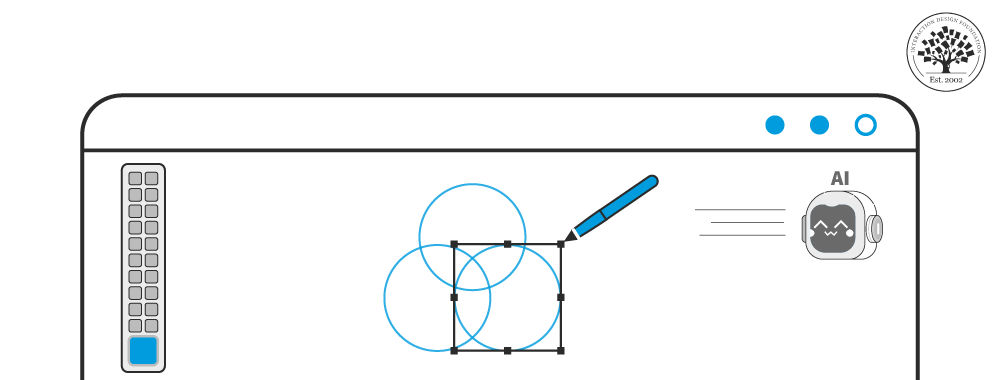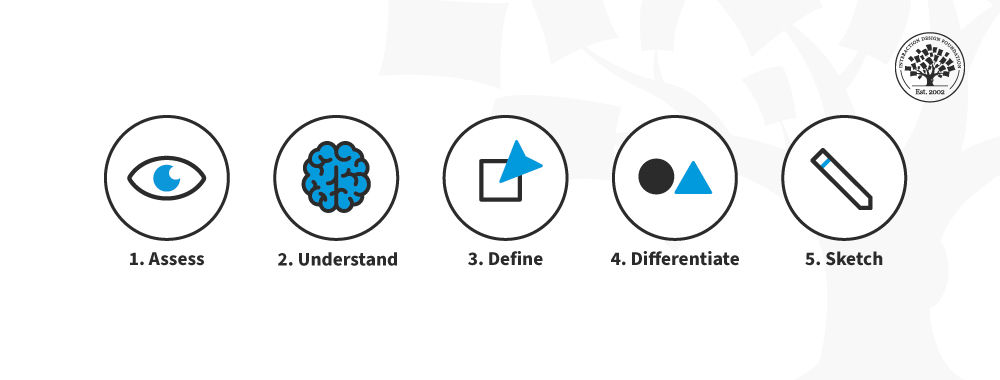This week we’re looking at users, who aren’t as helpful during user testing as they could be. In most cases this won’t be deliberate but we still need to find coping strategies in order to make the most of our research opportunities. Yesterday, we looked at shy people and how to handle them (if you missed this – check under the UX Daily tab on our website). Now, we’re going to look at their opposite numbers; people who simply won’t shut up.
The Gregarious Extreme
Some folks love the sound of their own voices. It doesn’t actually mean that they’re over-confident. In fact, in many cases, it’s a sign of nervousness expressed in a different way from shyness. However, unchecked that can mean that your user testing goes on forever and in the worst cases, it never reaches the conclusion that you need it to either.
Some of these gregarious folks are absolutely unaware of their tendency to ramble on and on. It’s just that whenever you ask them a question – they feel the need, not so much to answer your question, as to tell a long involved story. That story might, at some point, relate to the question – if they can remember the question by the time they get to the appropriate part in the story or it might not.

Other talkers are very much aware of their ability as story tellers rather than answerers. These people will quite often catch themselves, apologize for what they’re doing but then continue to do just what they’ve always done!
People who talk at length are quite often very likeable and while you’re discovering what they did at school for the third time; you may still be quite charmed despite the fact that you still have no idea how they’d find your home page online.
The Solution
Unfortunately, the solution to the babbler isn’t as easy to implement as the one which deals with shy users. That’s because when someone goes on and on and on… without pausing for breath – there’s only one real solution to getting to the bottom of the issues in hand. That is, you need to interrupt them and do so without offending them and so you can get the data you came for.

It’s a useful skill to learn though because not only will it help your research but it can help you escape bores at parties too. That’s always a handy string to the bow if you want to enjoy yourself life.
You simply interrupt someone politely. “I am really sorry to interject, but we’ve got to get through the whole study in x time frame and while I’d love to hear more about that – I think we need to return to the task in hand for the moment.”
That’s it. You have to take a little control, acknowledge the person’s feelings and then interrupt and redirect.
Header Image: Author/Copyright holder: Koren Shadmi. Copyright terms and licence: All rights reserved. Img
Image Source:
Mab Creates (link to image)
Dr Sapadin (link to image)
PGCE Reflective Blog (link to image)
